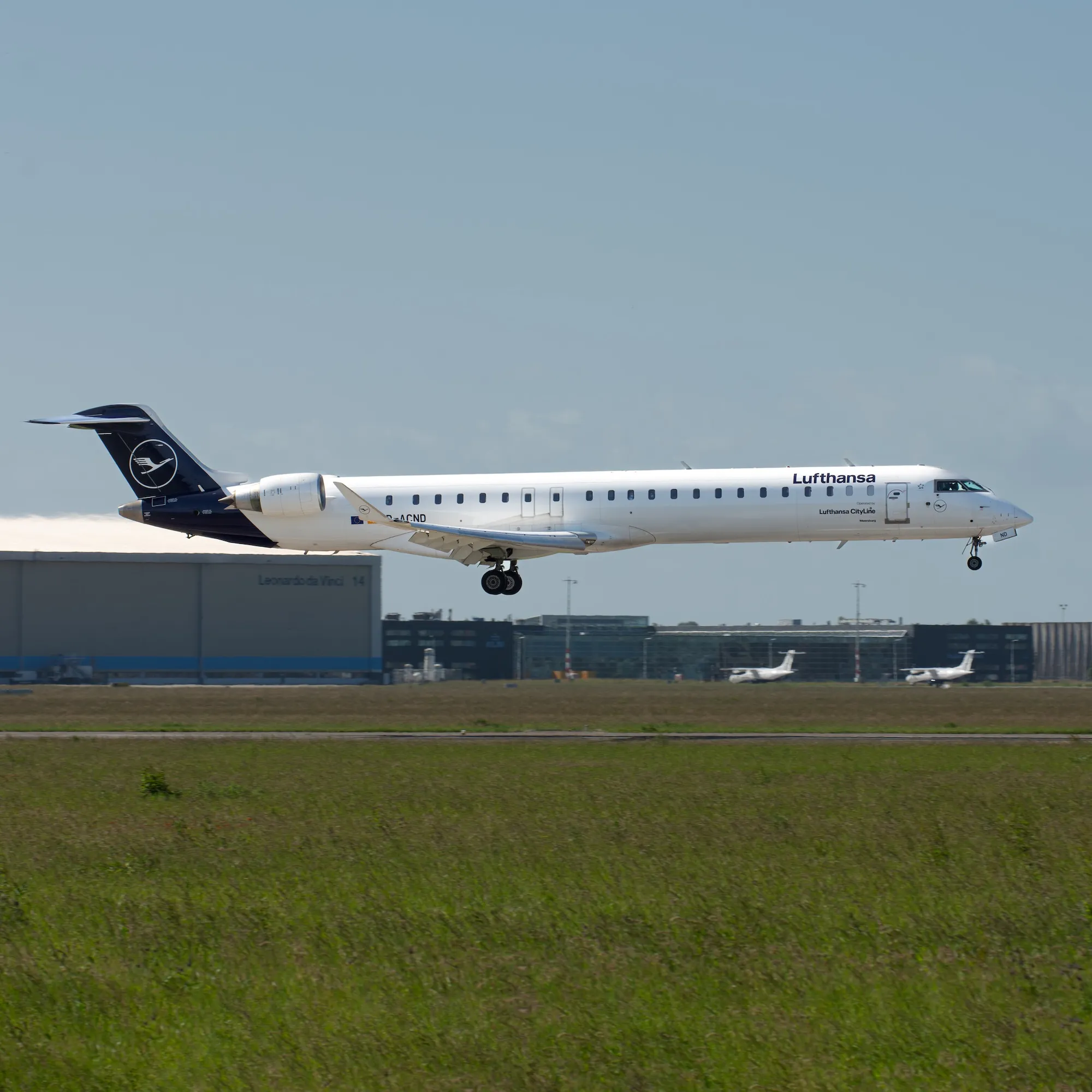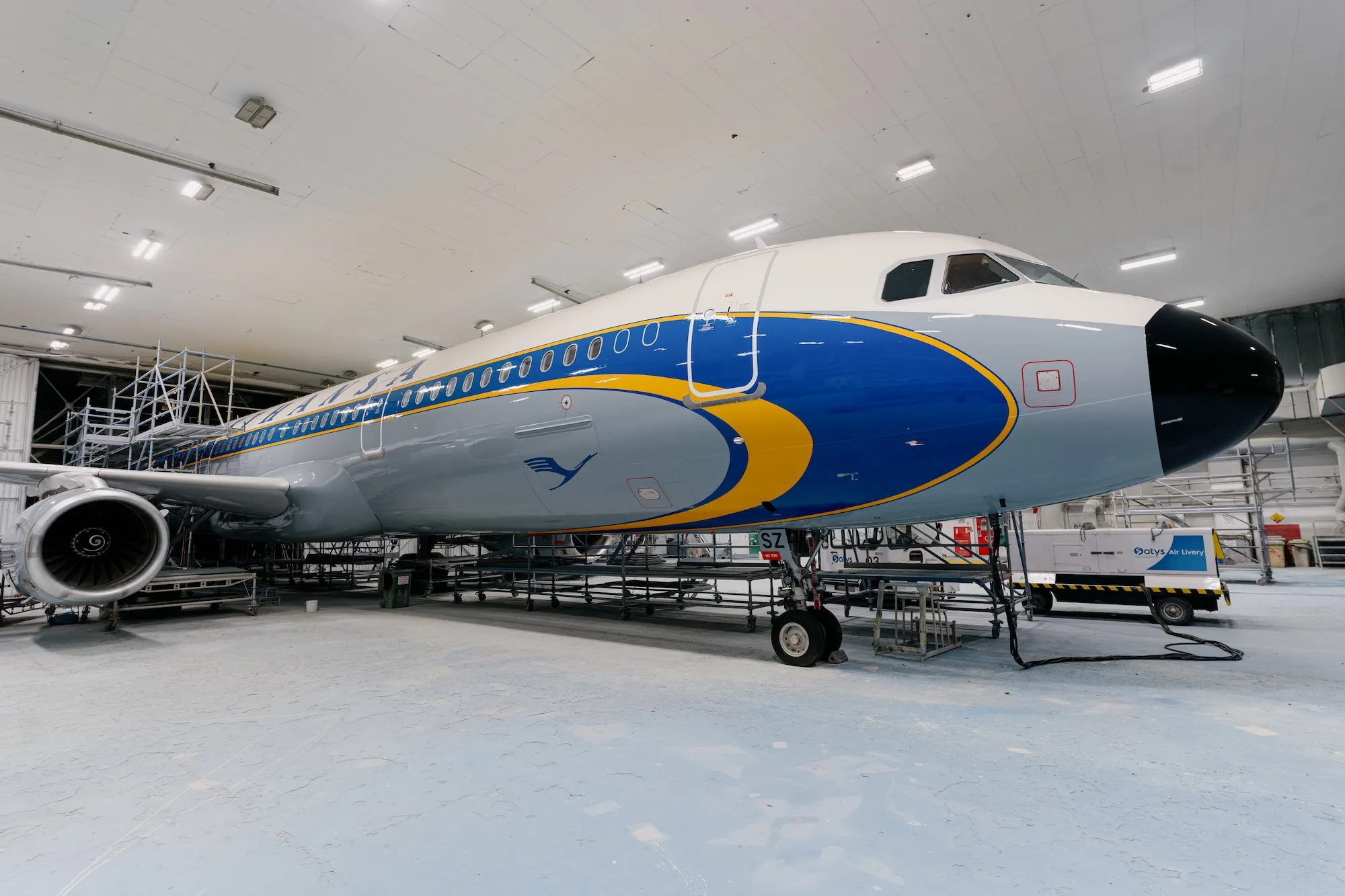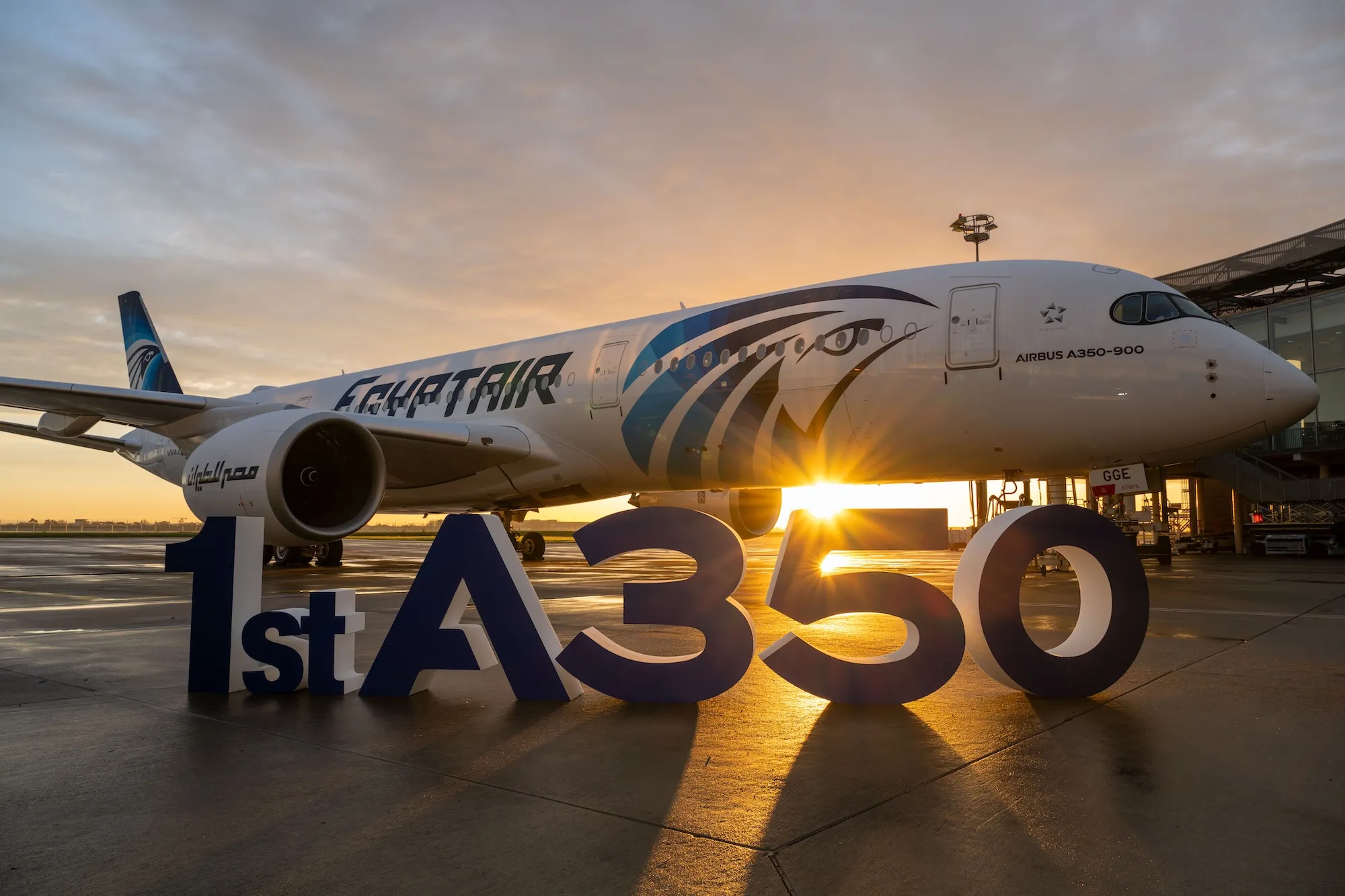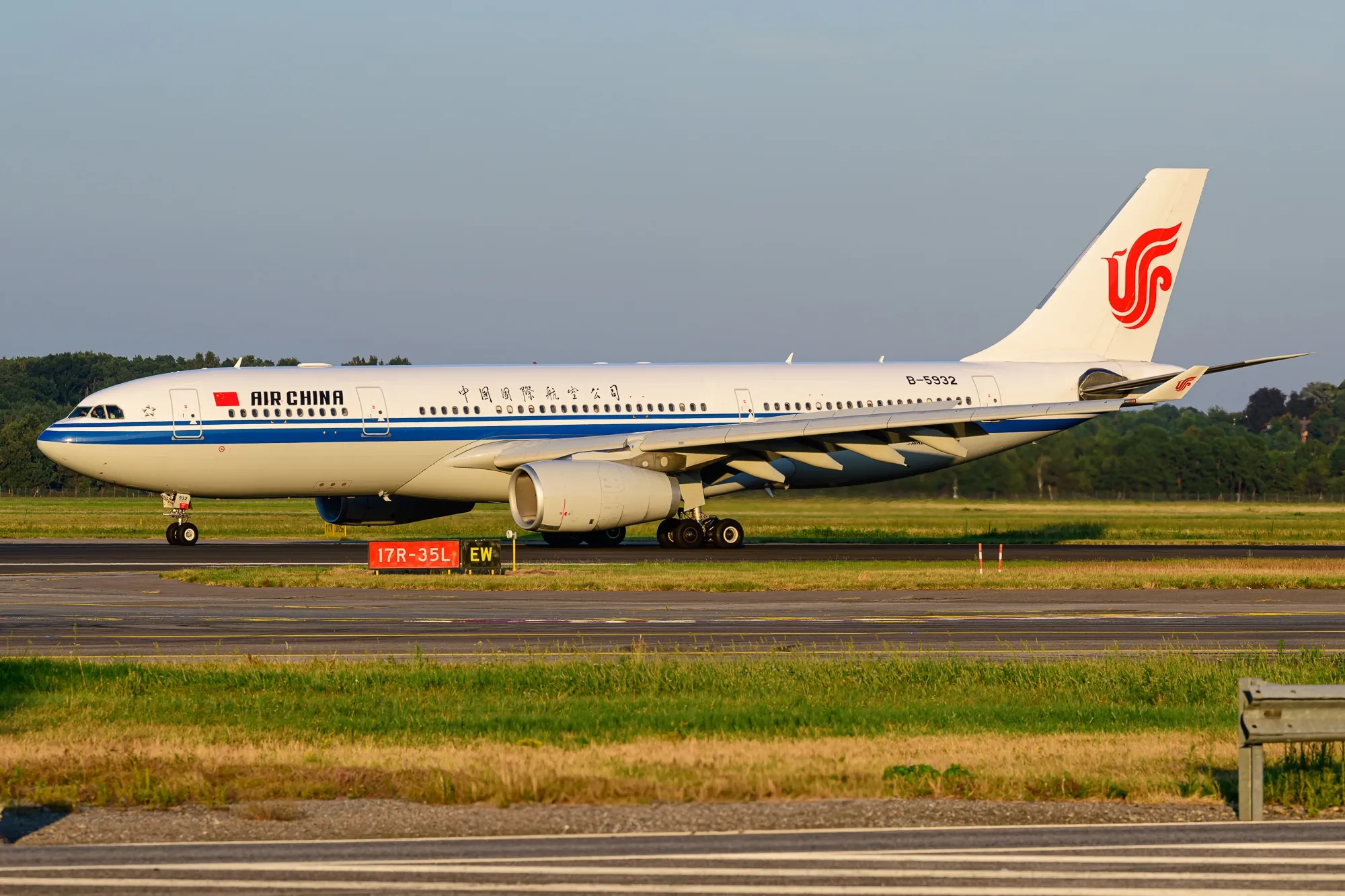DALLAS — Rolls-Royce has announced a change in its strategic focus away from electric and hydrogen-powered aircraft. The company's CEO, Tufan Erginbilgic, expressed skepticism about the significant role of hydrogen in aviation in the near future during a media call on Tuesday.
While Rolls-Royce has been collaborating with easyJet (U2) on hydrogen technology, Erginbilgic believes that sustainable aviation fuel (SAF) will be the primary means for large jets to achieve net-zero climate targets. He is confident that conventional propulsion systems will continue to dominate the aviation industry for the next twenty years.

Divestment and Resource Reallocation at Rolls-Royce
As part of its strategic realignment, Rolls-Royce has announced plans to sell off its electrical business unit, which is responsible for developing propulsion systems for various aircraft, including flying taxis. Erginbilgic stated that the need for judicious resource allocation, as the electrical business is expected to yield greater value under new ownership, drove this decision.
This divestment represents a significant shift for Rolls-Royce as it redirects its focus towards more immediate and viable pathways to achieving sustainable aviation. By reallocating resources and streamlining its operations, the company aims to substantially increase operating profits and improve cash flow in the medium term.

Contrasting Approaches: Rolls-Royce vs. Airbus SE
Rolls-Royce's decision to focus on conventional propulsion systems diverges from that of Airbus SE. The European aircraft manufacturer continues to invest in hydrogen-powered planes and aims to have them operational by 2035.
This contrast in strategies highlights the different perspectives within the aviation industry regarding the future of sustainable aviation. While Rolls-Royce believes in the continued dominance of conventional propulsion systems, Airbus is actively pursuing the development of hydrogen-powered aircraft.
How do you think the move away from electric and hydrogen-powered aircraft by a prominent player such as Rolls-Royce will ripple throughout the aviation industry? Be sure to leave your comments on our social media channels.
Featured image: Hydrogen-powered engine Illustration. Image: Rolls-Royce
.webp)



.webp)




.webp)